A recent study uncovered a pervasive lack of trust in societal institutions—government, business, NGOs, and the media—despite a robust global economy, a phenomenon referred to as a “trust paradox.” The study attributes this trend to people’s apprehensions about the future and suggests that institutions prioritize a balance between competence and ethical conduct to restore public trust.
Conducted by the communications firm Edelman, the “Trust Barometer 2020” report has been an ongoing survey for the past two decades. It typically coincides with the commencement of the World Economic Forum in Davos, Switzerland. This year’s survey polled over 34,000 individuals across 28 countries.
Surprisingly, despite the favorable global economic conditions, 56% of respondents believe that contemporary capitalism does more harm than good. Less than a third of people in developed markets anticipate improved circumstances for themselves and their families in the next five years. Concerns about job security due to automation, economic downturns, inadequate training, global competition, immigration, and the gig economy were prevalent among 83% of respondents worldwide.
Richard Edelman, CEO of Edelman, remarked, “We are experiencing a trust paradox. While economic growth historically correlated with increased trust, this pattern is evident in Asia and the Middle East, but not in developed markets, where income inequality has become a dominant concern. Fear is overshadowing optimism, and the traditional belief that hard work leads to upward mobility is now being questioned.”
The Barometer indicates a lack of trust in all surveyed institutions—government, business, NGOs, and the media. Notably, wealthier, more educated individuals exhibit higher levels of trust in institutions, accentuating a “mass-class” trust disparity, which has reached record levels across numerous countries.
Trust in technology companies has notably declined, with a global decrease of four points from 2019 to 2020. Moreover, concerns about the rapid pace of technological advancement and the authenticity of information are widespread among respondents.
Furthermore, the study highlights a lack of confidence in the government’s ability to address these issues, with 66% of respondents expressing skepticism about current leadership.
While trust in religious and government leaders, as well as the wealthy, remains relatively low, scientists, local community members, and fellow citizens are regarded with higher levels of trust.
The report emphasizes the importance of balancing competence and ethical behavior for institutions to regain trust. It reveals that no institution is perceived as both competent and ethical, with business being seen as competent and NGOs as ethical. However, governmental and media institutions are perceived as lacking in both aspects.
According to the report, individuals are three times more likely to trust a company perceived as ethical rather than merely competent. Employees also expect their employers to demonstrate ethical behavior, with 92% expressing the importance of their CEO speaking out on issues such as income inequality, diversity, ethical technology use, climate change, and immigration.
Antoine Harary, president of Edelman Intelligence, underscores the crucial role of ethical conduct in building trust, stating that integrity, dependability, and purpose contribute to 76% of business’s trust capital, compared to competence, which accounts for only 24%. He emphasizes that the battle for trust hinges on ethical behavior.
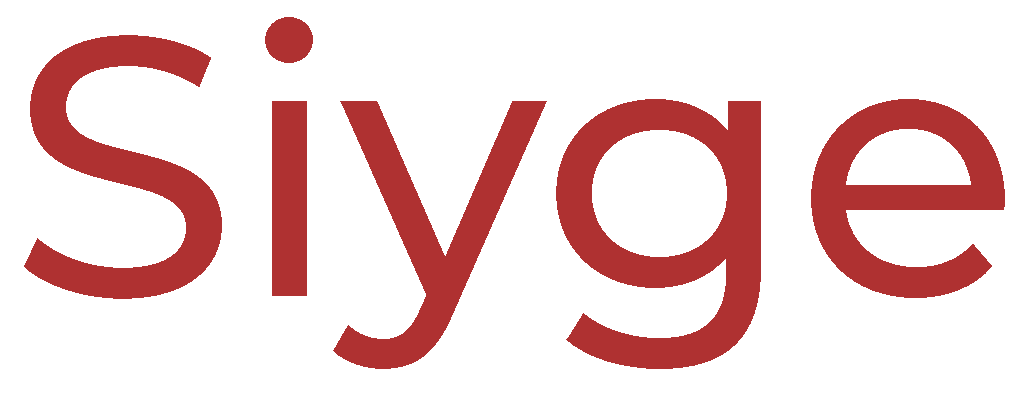
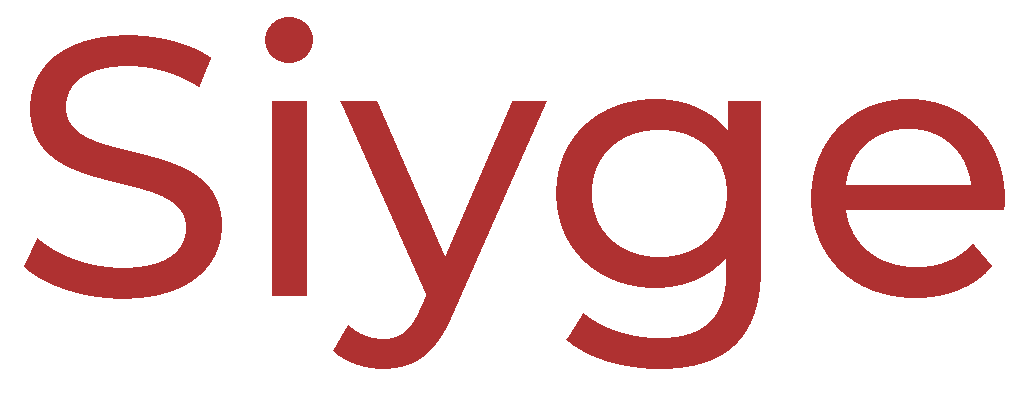


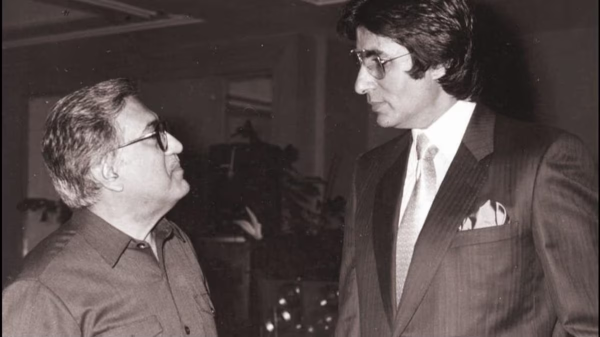
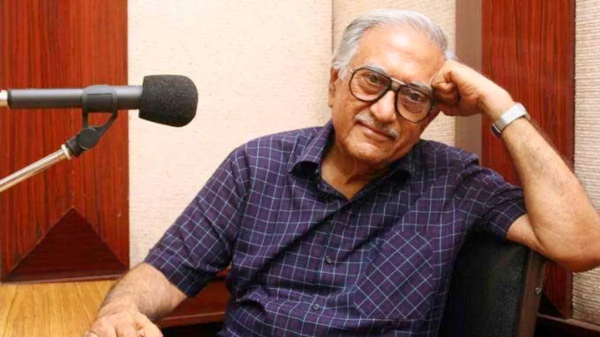

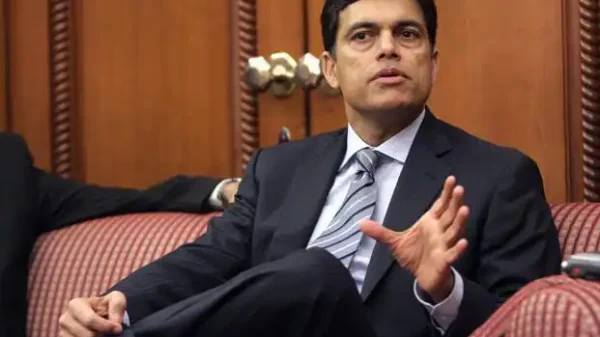
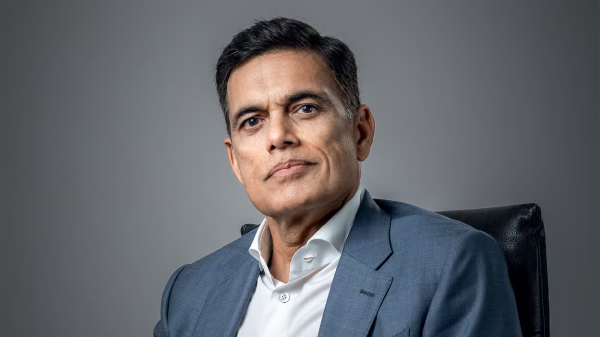



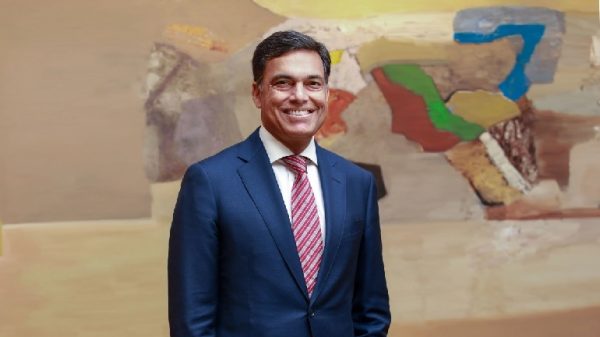





sdf
March 16, 2020 at 9:54 pm
test comment